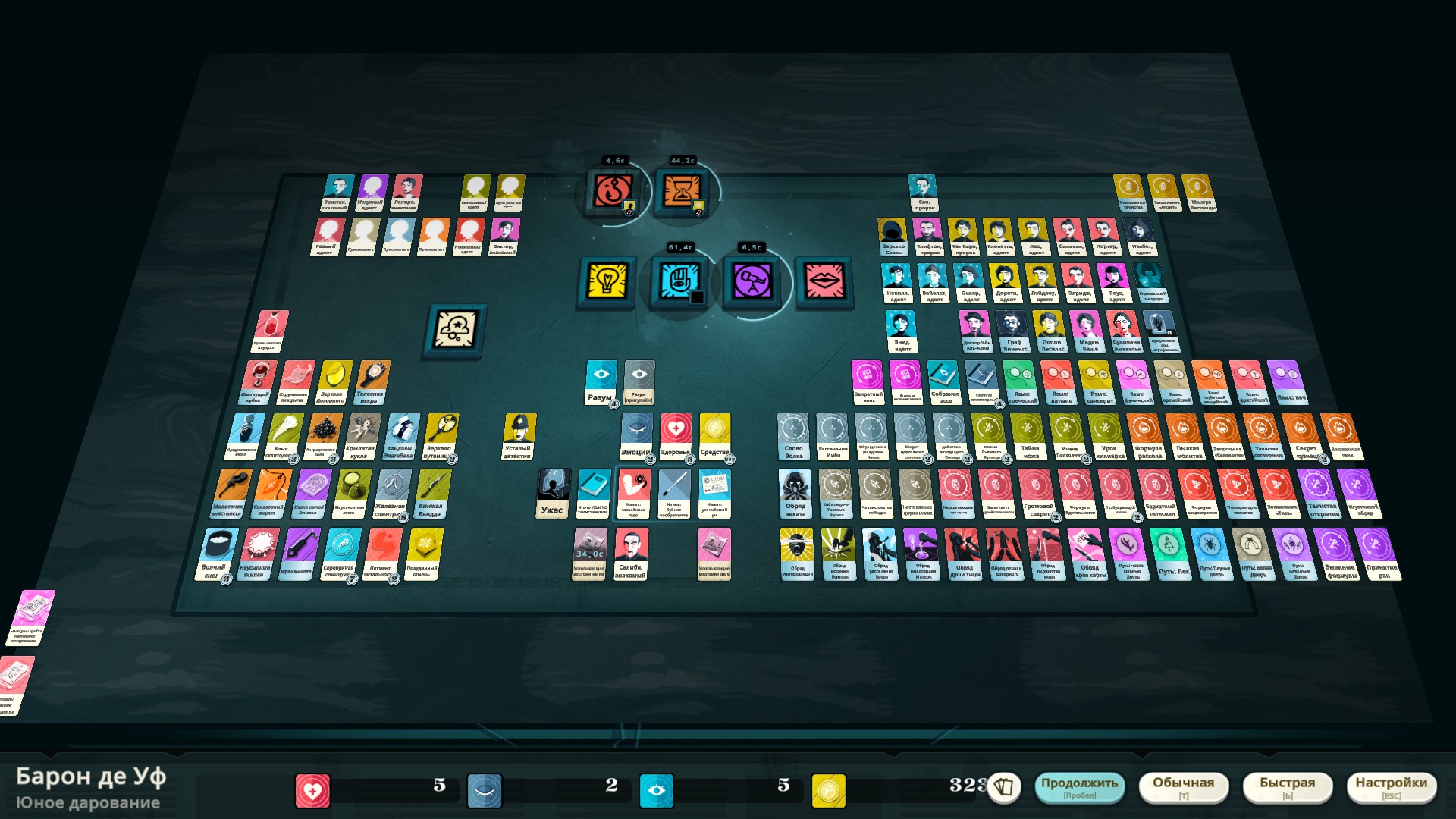

Limiting the definition of religion may interfere with freedom of religion, while too broad a definition may give some dangerous or abusive groups "a limitless excuse for avoiding all unwanted legal obligations." New religious movements Casino (1999) presents the issue as crucial to international human rights laws. George Chryssides also cites a need to develop better definitions to allow for common ground in the debate. The movements themselves may have different definitions of religion as well. Ryan notes the sharp differences between definitions offered by cult opponents, who tend to focus on negative characteristics, and those offered by sociologists, who aim to create definitions that are value-free. Sociologist Amy Ryan (2000) has argued for the need to differentiate those groups that may be dangerous from groups that are more benign. According to The Oxford Handbook of Religious Movements, "by the end of the decade, the term 'new religions' would virtually replace the term 'cult' to describe all of those leftover groups that did not fit easily under the label of church or sect." In the 1970s, with the rise of secular anti-cult movements, scholars (though not the general public) began to abandon the use of the term cult. As such, religion scholar Megan Goodwin defined the term cult, when it is used by the layperson, as often being shorthand for a "religion I don't like". In this sense, it has been considered a subjective term, used as an ad hominem attack against groups with differing doctrines or practices. In the English-speaking world, the term cult often carries derogatory connotations. 5.3 Reactions to the anti-cult movements.Groups labelled as "cults" range in size from local groups with a few followers to international organizations with millions of adherents. Other researchers present a less-organized picture of cults, saying that they arise spontaneously around novel beliefs and practices. Sociological classifications of religious movements may identify a cult as a social group with socially deviant or novel beliefs and practices, although this is often unclear. Scholars and the media have disputed some of the claims and actions of anti-cult movements, leading to further public controversy. Since the 1970s, the secular anti-cult movement has opposed certain groups, and in reaction to acts of violence which have been committed by some of their members, it has frequently charged them with practicing mind control. Since the 1940s the Christian countercult movement has opposed some sects and new religious movements, labeling them "cults" because of their unorthodox beliefs. Beginning in the 1930s, cults became the object of sociological study in the context of the study of religious behavior.

While the literal and original sense of the word remains in use in the English language, a derived sense of "excessive devotion" arose in the 19th century. References to the "cult" of a particular Catholic saint, or the imperial cult of ancient Rome, for example, use this sense of the word. : 348–56 The word "cult" is usually considered pejorative.Īn older sense of the word cult involves a set of religious devotional practices that are conventional within their culture, are related to a particular figure, and are often associated with a particular place. This sense of the term is controversial, having divergent definitions both in popular culture and academia, and has also been an ongoing source of contention among scholars across several fields of study. In modern English, a cult is a social group that is defined by its unusual religious, spiritual, or philosophical beliefs, or its common interest in a particular personality, object, or goal.


 0 kommentar(er)
0 kommentar(er)
